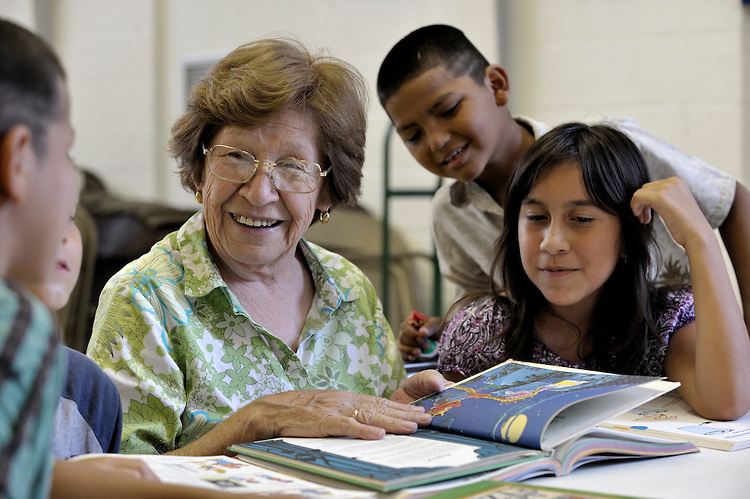I had my first experience of cross-cultural relationships when my husband, Chris, and I spent our first few years of marriage living in the inner-city of Chicago. During this season of our lives, I started to learn that growing up in the church and a college education aren’t all you need to figure out how to love others. Then we moved to a university in Ohio that had plenty of international students and a church that had a strong ministry to help them. Working with families involved in ESL classes forced me to think about what it must be like to be a mother in a country in which you don’t even speak the language, and yet have children to shepherd through school and learning a new culture.
A few years later, it would be my turn to be on the other end of these cross-cultural dynamics. We spent six months living in Hungary when our children were 9 and 11 years old. The only other native English speaker in our city of 300,000 was the grad student we brought along. I spent my days very alone. Chris was at work, the kids were at school, and I carried around two large Hungarian-English dictionaries as I navigated buying school supplies, figuring out how to pay our bills at the post office, buying groceries, and learning that a kilo of mushrooms at the market is a lot of mushrooms. We learned to trust God for everything—even our children’s health. We spent the entire six months hearing about an active church in our city that we never found. Our lifeline was driving to Budapest once a week to an expatriate AWANA club. There we had friends who spoke our own language, and then we went back to America.
When we moved back to Wheaton, I dreaded my memory of Wheaton being very white, Christian, and wealthy. So I was excited one night to hear Moira Squeo from Church of the Resurrection give a presentation on a ministry she is involved with that is close to my house—a cross-cultural tutoring ministry at the Marian Park Apartments. A few people who live there are from Baltic countries, but most are from east-African countries, and some are Muslim. When I first started helping there, I noticed an Ethiopian mother who would come into the tutoring room. This woman went from tutor to tutor, begging each one of us to work with her son, Hayle. She persisted and persisted. I couldn’t get her out of my mind because Chris has spent a lot of time in Ethiopia. I started going to their house once a week. It turns out her son is pretty bright and doing as well as any eight-year-old old boy does in school.
In the process of tutoring her son, Wubensh and I have become friends. I’ve helped her understand the school newsletters. She makes me fresh injera. We talk about cooking. I’m just about ready to ask her to spend some time with me teaching me more about Ethiopian cooking. My goal is to have them all over for dinner some time, but I think she would feel awkward and obligated unless she did something more for me first (like teaching me how to cook). When she was diagnosed with cancer this year she was terrified. She has few friends here and her husband works very long hours as a taxi driver, so the day she had surgery I picked up her son after school, brought him to my house to feed him dinner, and then took him to tutoring.
We have also touched on issues of our faith. They are Ethiopian Orthodox Christians and are faithful attenders here in Wheaton. The day we visited the science building Hayle had a lot of questions about God and creation. I answered them, but could tell Wubensh was a little unsure because of her English language limitations if what I was saying corresponded with her own beliefs.
Of course my friendship with Wubensh has its challenges, too. I think Wubensh is also still trying to figure out our relationship. She only made it through the 8th grade in Ethiopia. The times I’ve had the most difficulties in building cross-cultural relationships has been when the educational level is very different. So, for instance, when I’ve had international student friends in grad schools, I’ve haven’t had much difficulty forming friendships. But Wubensh will open up enough to share something about her cancer, but I think isn’t sure how much is too much for the level of our friendship. So she shares some and then backs off.
But in the situation of someone like Wubensh, it helps to remember the things that make us all human. She has a son. I have a son. She got married. I got married. She’s trying to help her son get the best out of life, so do I with my son. She’s trying to figure out all the school forms, what to keep and what to toss, and I’ve been there, too. She is scared of cancer. So have been other friends of mine. You can still bond over those common things.
The tutoring program takes place in a basement room at the apartments (right off Roosevelt near County Farm Road) from 6:00-8:00 P.M. most Thursday nights. The children are expected to get their homework done, and then work on a variety of activities. You don’t have to bring anything, although it helps to have a stopwatch on your phone. Feel free to send me an email (mokeil66@gmail.com) if you want to know more about how to get involved in this tutoring program.

